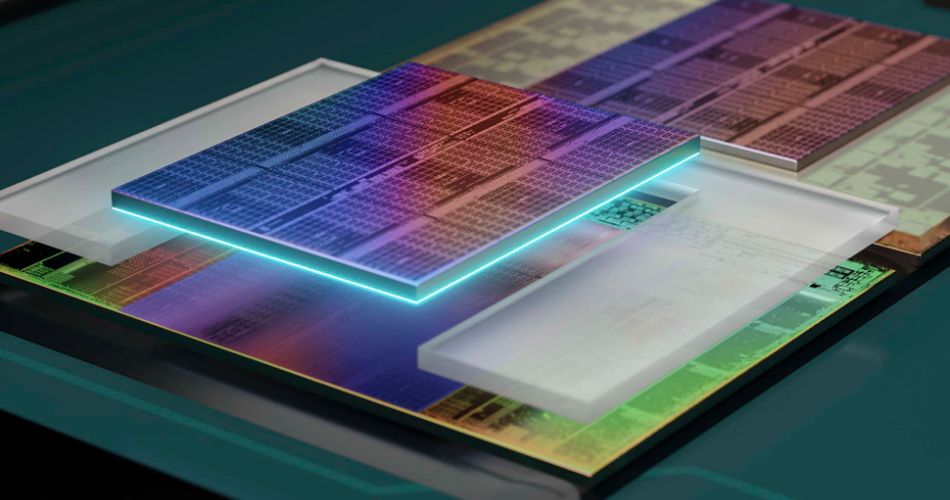AMD updates 3D V-Cache optimizer driver ahead of Ryzen 9000X3D launch

Less than a month after AMD’s Ryzen 9000 announcement at Computex, the CPU manufacturer is already optimizing its 3D V-Cache driver, perhaps in preparation to launch its Ryzen 9000 series parts with the game-boosting tech.
@harukaze5719 on X (formally Twitter) discovered the new 3D V-Cache Performance Optimizer driver from AMD. AMD last updated its 3D V-Cache optimizer driver around the launch of the Ryzen 7000X3D chips. There’s not much information on what AMD’s 3D-VCache driver does, it was first unveiled as a Windows 10 exclusive driver for the Ryzen 7 5800X3D, but it is also available with AMD’s Ryzen 7000X3D chips and works in Windows 11 with the 7000X3D SKUs.
We suspect the Ryzen 7000X3D-supporting version optimized workloads to put L3 cache-sensitive games and apps on the cache-equipped CCD of a Ryzen 9 7900X3D or 7950X3D, but that doesn’t explain why the driver exists for the 5800X3D, as it doesn’t need such optimizations.
Regardless, the fact that we’re seeing new updates on the 3D V-Cache driver could point to a Ryzen 9000X3D launch in the not-too-distant future. AMD has already confirmed that 3D V-Cache-enabled Ryzen 9000 processors are in the works, and it is bringing some “cool” innovations to the 3D V-Cache technology itself.
There’s no doubt that AMD is doing its absolute best to make these Ryzen 9000X3D processors as performant as possible. AMD’s vanilla Ryzen 9000 series processors are advertised to have a 16% IPC improvement over Ryzen 7000, but AMD confirmed that its new Zen 5 desktop chips, despite having an architectural advantage, will not outperform its outgoing Ryzen 7000X3D processors in gaming.
AMD didn’t disclose the details of its changes to the caching tech, but they are undoubtedly aimed at improving the cache performance of Ryzen 9000X3D to give these chips a more significant gap to Ryzen 7000X3D compared to just slapping the same 3D V-Cache tech that exists now onto its Ryzen 9000 Zen 5 dies.
AMD could make a number of different alterations to improve its 3D V-Cache technology. It could give Ryzen 9000X3D chips bigger L3 cache capacity, introduce stacked SRAM chiplets, add more bandwidth, reduce latency, or even cram an L2 cache inside the die. However, we don’t believe the latter is very likely to occur.
All these changes can happen with a more advanced process node for the 3D V-Cache chiplet. AMD has used a 7nm-based 3D V-Cache chiplet for its entire 3D V-Cache lineup right now, including its first X3D chip, the Ryzen 7 5800X3D. Moving to a 6nm or even a 5nm variant would improve AMD’s 3D-VCache capabilities. If AMD can slim down the die with a smaller process node, it will also translate into better thermals, which has been the Achilles heel of AMD’s 3D V-Cache designs. If AMD can improve thermals, it will help give Ryzen 9000X3D chips a boost to clock speeds similar to those of its vanilla counterparts, negating the raw single and multicore performance deficit these chips typically have.
It’s anybody’s guess when the new Ryzen 9000X3D chips will launch, but we can expect them to launch shortly after AMD’s vanilla Ryzen 9000 chips launch next month. This should put Ryzen 9000X3D’s launch window right next to Intel’s competing Arrow Lake-S launch this year, too.